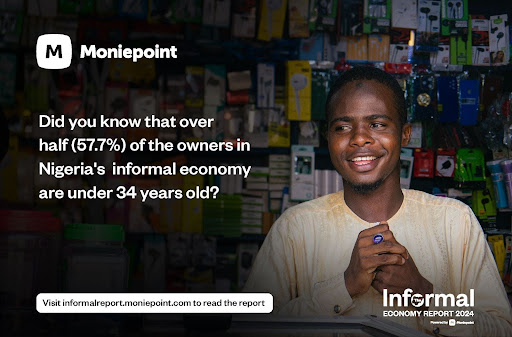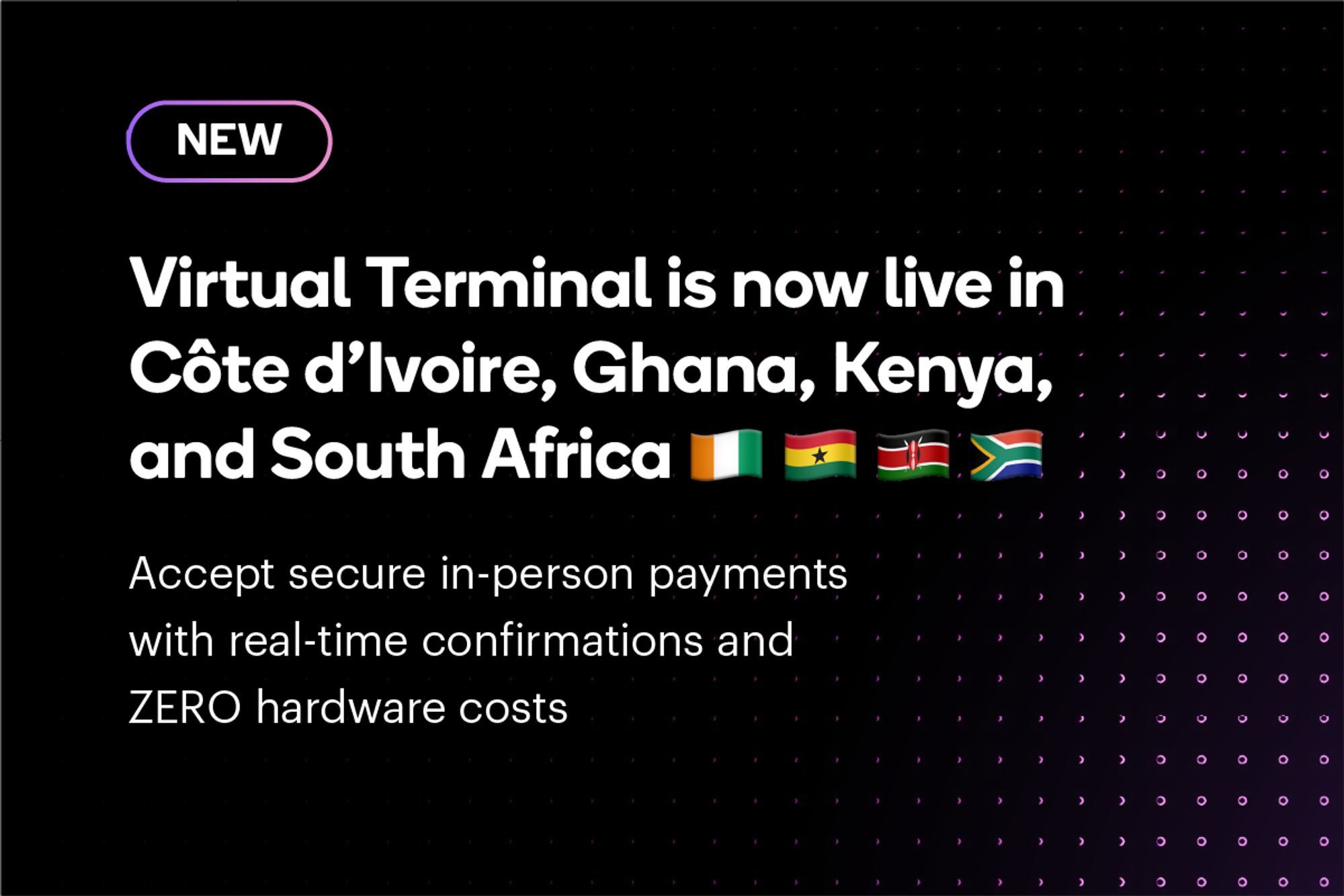- 👨🏿🚀TC Daily
- Posts
- Egypt's latest export
Egypt's latest export
Today: $JMIA comes down to earth after tepid Q2 results.


Good morning ☀️
We’re still on the hunt for a Sales Manager to help us close strong deals fast. If you know someone who can help us sell our market, send them our way by sharing this link.
$JMIA comes down to earth after tepid Q2 results
Jumia, the Africa-focused e-commerce company, has had mixed fortunes as a public company. While much of it has been rehashed to the point of boredom, Jumia’s stock price makes for intriguing tracking this year. After trading between $3-$6 per share from January to May, it saw an unexpected price rally by July.
$JMIA hit a year-high of $14.56 and a market capitalisation of $1.33 billion. In a report by one hedge fund seen by TechCabal, the stock was rated a “buy” on the strength of its understanding of the African market and cash efficiency under Francis Dufay.
Yet things can change quickly when you’re a public company. A testy week for American and Asian markets saw $JMIA trade in the $8 range, and the company's release of its Q2 results didn’t do it any favours.
While it led with positives, like narrowing its losses, it completely missed analysts' revenue expectations. While Wall Street analysts estimated $41.7 million in revenue for the quarter, the reported revenue figures came in at a tepid $36.5 million. Publicly traded companies have seen their share prices suffer for less.
Yet, Jumia will live to fight again in Q3. As anyone who tracks public companies knows, one quarter is more than enough time for a turnaround.
“We’ll prove the doubters wrong in Q3,” we imagine Dufay muttering as he prepares to deliver on the company’s promise to shareholders.
Read Moniepoint’s 2024 Informal Economy Report

Did you know that 57.7% of the business owners in Nigeria's informal economy are under 34 years old? Click here to find out more about the demographics of Nigeria’s informal economy.
Nigeria partners Proforce to develop new satellites
Nigeria's lofty space ambitions have always been hindered by a lack of resources. Although Nigeria has 4 satellites in space, it has yet to launch new ones. In March 2024, Nigeria's National Space Research and Development Agency (NASRDA) announced it was shutting down a 2025 satellite launch due to a lack of funding.
NASRDA is not letting its failed launches stop it from building more satellites. It has partnered with ProForce, a Nigeria-based private security firm, to build three new satellites, NigeriaSAT 3, 4, 5, and a Synthetic Aperture Radar (SAR). NASRDA's Director-General, Matthew Adepoju said that the satellites will be used in defense, maritime, and the oil and gas sectors.
The news comes months after Nigeria secured a partnership with the Space Exploration & Research Agency (SERA), a global space agency, to send the first Nigeria into space. SERA will reserve a seat on an upcoming Blue Origin New Shepard suborbital spaceflight for a Nigerian citizen.
Collect payments anytime anywhere with Fincra

Are you dealing with the complexities of collecting payments from your customers? Fincra’s payment gateway makes it easy to accept payments via cards, bank transfers, virtual accounts and mobile money. What’s more? You get to save money on fees when you use Fincra. Get started now.
Egypt to expand electricity export to Asia
Egypt has installed a transformer in Badr to link to Saudi Arabia and make inroads into other Asian and European countries as a key electricity distributor. This is part of the Egypt-Saudi Arabia electrical interconnection project first announced in 2021.
The $1.8 billion initiative involves three high-voltage substations (two in Saudi Arabia, one in Egypt) connected by 1,350 km of overhead lines and 22 km of undersea cables across the Gulf of Aqaba. The project, expected to be fully operational by 2026, will allow Egypt to supply 3,000 megawatts (MW) directly to Saudi Arabia.
Electricity distribution has become an important revenue source for Egypt, and it already supplies power to neighbouring countries like Sudan, Libya, Lebanon, and Jordan. Last year, Egypt earned $1.3 billion from electricity exports.
Despite being one of Africa's largest electricity producers with 209,677 gigawatts, Egypt only expends a small amount of that energy. With a production capacity that large, it makes sense for Egypt to sell its surplus to other countries.
It is now eyeing opportunities in Asia, where recent energy crises have caused power outages during high-demand periods. Although Egypt already supplies electricity indirectly to Asia through resale—for example, in February, Jordan agreed to sell 40 megawatts of its imported electricity to Iraq—it is entering the Asian market through a central hub that connects other Asian countries.
Paystack Virtual Terminal is now live in more countries

Paystack Virtual Terminalhelps businesses accept secure, in-person payments with real-time WhatsApp confirmations and ZERO hardware costs. Enjoy multiple in-person payment channels, easy end-of-day reconciliation, and more. Learn more on the Paystack blog →
You should definitely read these 👇🏾
Written by: Emmanuel Nwosu & Faith Omoniyi
Edited by: Muyiwa Olowogboyega & Timi Odueso
Want more of TechCabal? Sign up for our insightful newsletters on the business and economy of tech in Africa.
- The Next Wave: futuristic analysis of the business of tech in Africa.
- Entering Tech: tech career insights and opportunities in your inbox every Wednesday at 3 PM WAT.
- TC Scoops: breaking news from TechCabal
P:S If you’re often missing TC Daily in your inbox, check your Promotions folder and move any edition of TC Daily from “Promotions” to your “Main” or “Primary” folder and TC Daily will always come to you.




